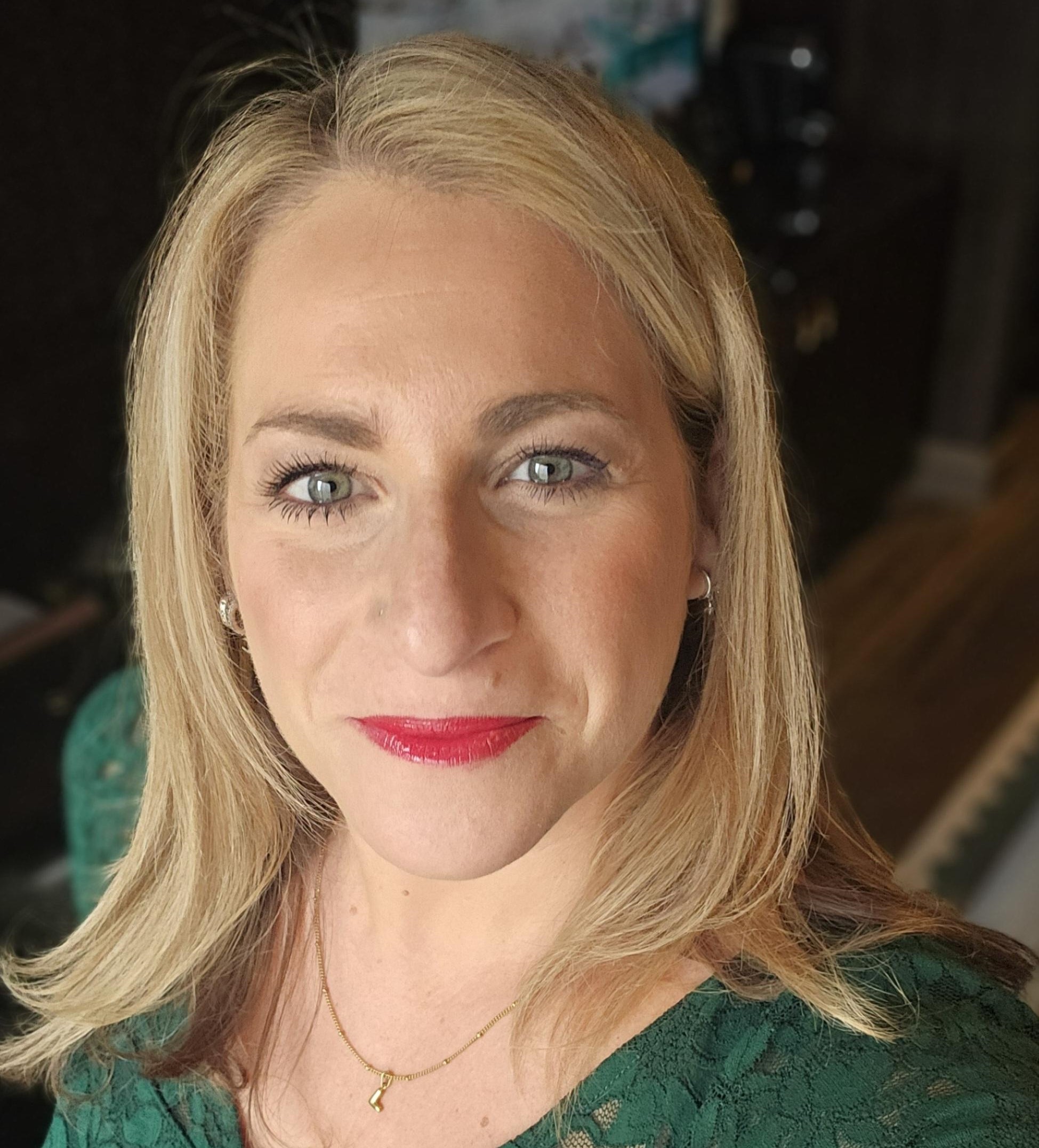Personal Journey
Throughout my successful 15-year career in HR, I have often found myself *masking certain behaviours or traits. What I initially considered individual quirks, like wearing sunglasses all year round due to light sensitivity, feeling aggravated by loud noises, or offended by certain smells, now make sense. How this translates in the workplace: often struggling to concentrate in open plan offices or feeling easily distracted. Feelings of imposter syndrome despite having knowledge / experience on a given topic whilst outwardly appearing as the most confident person in the room.
Things that come naturally to me, like independence, creativity, and empathy, I now realise are all interconnected neurodivergent (ND) characteristics. It is as if a lightbulb has gone off in my head, connecting the dots and providing clarity. Masking can be exhausting though and may eventually lead to burnout. Looking back, I wonder how my experiences could have been different if there was more awareness and understanding in the workplace of diverse ways brain process communication, tasks, recognition, and criticism. It is amazing how much more motivated I would have been. Something employers will benefit from is tipping the narrative, considering diverse ways of thinking as innovative instead of as disruptive.
Finding out I am ND or as described as recently ‘Neuro Spicy’ is a recent discovery. Why now? Like many women my age I have for the last few years been experiencing symptoms of perimenopause. What I had not appreciated until recently is how certain symptoms are elevated due to my Neuro Spicy brain.
The Science Part – “Intersection of Neurodivergence and Perimenopause,
Perimenopause – The time during which women’s bodies make the natural transition to menopause. Common symptoms include amongst others irregular period cycles, hot flushes, night sweats, weight gain and mood swings. Emerging evidence suggests that perimenopause disrupts oestrogen-regulated neurological systems. Oestrogen works to help regulate neuronal mitochondria (important for brain health). Studies have explored the impact of changing hormone levels during perimenopause on women’s cognitive function, especially in neurodivergent individuals. Neurodivergent women (those with conditions like autism, ADHD, or both) tend to experience more intense menopausal symptoms, including but not limited to escalating anxiety, difficulties with concentration and memory. These are both symptoms that have personally affected my working life. As a result, I have at times felt my imposter syndrome raise its head and allowed self-doubt to creep in. And yet there is still a stigma attached to discussing these topics and a fear of being overlooked by prospective employers as a potential hire by revealing too much.
Advocating for Neuroinclusivity
I hope this article raises awareness about these matters and triggers discussions on how to foster a more neuroinclusive environment. To aid these discussions, these are my top 5 things employers should consider demonstrating.
- Inclusive Practices: Offering to share interview questions with candidates ahead of time or making promotion criteria fair and transparent. Sharing instructions for tasks both verbally and in writing.
- Mentorship: Help navigating office dynamics and career progression.
- Flexible Work Environment: Ability to adjust where to work to reduce excessive stimuli such as noise, light, and temperature.
- Comfortable Dress Code: Normalising comfortable attire vs more formal clothing.
- Neurodiversity Training: Building empathy and support for ND talent. For example, how communication needs may differ e.g. offering context around why a manager is requesting a meeting vs leaving the team member hanging over the weekend with a comment like ‘can I have a word’, offering clear deadlines to help with procrastination and ways to approach a discussion around needs/adjustments vs this being received as a criticism, feeding into more self-doubt.
My journey of self-discovery continues, what is important is to foster understanding and inclusion. As I seek my next opportunity, I hope for a workplace that values skills over neurotypical status.
*Masking, when a ND person hides their symptoms from others either consciously or subconsciously to fit in avoid criticism or manage relationships.
Feel free to reach out to me directly if you’d like to discuss this area further.


